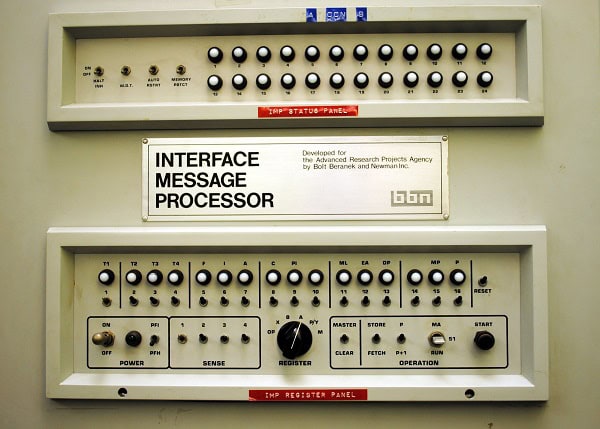In the final decade of the second millennium, I embarked on my first major research explorations. Readers who recall those prelapsarian times will no doubt look back on laboring at the coalface of CD-ROM periodical catalogs and stand-alone library OPACs with a mixture of nostalgia and dread. But those hard-won accordion-bound printouts we lugged with us had a stolidness that saw us through years of research. The limited tools with which we dug through the vaults of the Bodleian or the Bibliothèque Nationale provided an illusion of completeness that seems naive in this infinitely more interconnected world.
While anyone who has done archival research knows how much of the record of the past isn’t (and never will be) digital, it is undeniable that the web has transformed much of what scholars do to find sources. Now, many published works of scholarship can be found on the web. The benefits of this are difficult to overstate, but this proliferation has also led to complexity. Historians conducting their research on the web, either through their library or via services like Google Scholar, find far more than they can handle. Quality varies, and managing results, despite the existence of citation management software, takes lots of work. Enter ORCID—an open, community-driven effort to create and manage unique identifiers for researchers. ORCID, which stands for Open Researcher and Contributor ID, helps scholars make their own publications easily discoverable by others and simplifies the process of finding works by a particular individual.
Scholars can use their unique ORCID identification number to attach their identity to anything they produce or publish. The number stays constant regardless of changes to institutional affiliation. ORCID numbers can be linked to all publications and outputs, whether scholarly or aimed at a general audience, including journal articles, books, blog posts, op-eds, or any other formal or informal productions. ORCID identifiers can also be included when submitting manuscripts for publication or applying for grants, thus maintaining links to all of a scholar’s publications. Scholars can link their name and ID number to anything they produce using their ORCID record.
Historians benefit by distinguishing their work from other researchers’ and making it easier to discover. For scholars with common names, the benefits are obvious. But even for those with unusual monikers, ORCID can offset confusion caused by name changes, variations in how scholars refer to themselves in publications, or discrepancies in how people responsible for record keeping list names in finding aids or catalogs. Obtaining an identification number that can be linked to all of one’s publications removes these ambiguities. It also allows libraries and others that manage information systems to unequivocally identify scholars and their work.
As the context in which we conduct our scholarship becomes increasingly international, and as information systems grow more integrated and consequently more central to the discovery of scholarship, ORCID identifiers and like tools will become a vital part of how we present our work. Unambiguously linking a work to its creator benefits the individual scholar as well as the overall scholarship produced by historians. It promotes communication between scholars within and across fields by giving them the means to connect all of their publications, analog or digital. ORCID also makes it easier for scholars to be recognized for their full range of contributions to our discipline. It embeds our work firmly in the mechanisms for discovery that grow in importance all the time.
There are other kinds of unique author identifiers, such as the International Standard Name Identifier. Libraries have also long been in the business of creating systems for disambiguating authors’ names. The Library of Congress and the Virtual International Authority File project provide tools to ensure that the variety of names an author publishes under are all linked to each other in one record. ORCID, by contrast, allows scholars to manage their own profiles and easily add publications of any kind, not only those that are officially cataloged by libraries.
ORCID identifiers are spreading fast. Almost 2 million researchers in every imaginable field have registered for them. Even some of the most venerable learned societies are getting involved.The Philosophical Transactions, first published in 1665, is the oldest continually published academic journal in the world, predating our own American Historical Review by over 300 years. Its publisher, the Royal Society, announced earlier this year that all authors submitting to its journals would be required to provide their ORCID number. In doing so it joined a growing array of journal publishers and associations that see the benefits of ORCID identification numbers. Part of remaining vital and integral is adapting to changed circumstances. ORCID identification for researchers responds to a problem that has developed with the enormous growth of the publication of research and the variety of computer-based tools we now use to discover scholarship.
This work is licensed under a Creative Commons Attribution-NonCommercial-NoDerivatives 4.0 International License. Attribution must provide author name, article title, Perspectives on History, date of publication, and a link to this page. This license applies only to the article, not to text or images used here by permission.



